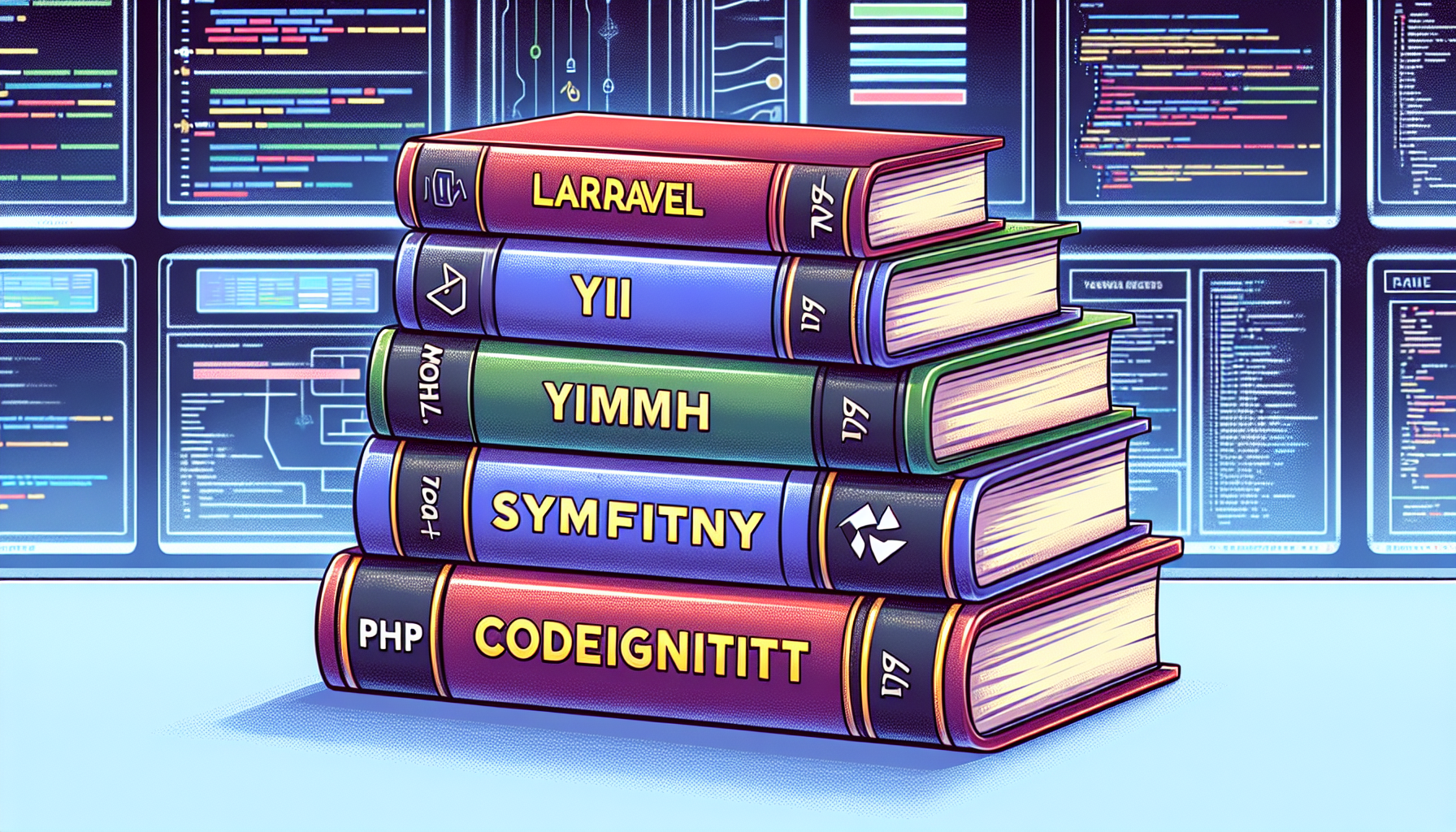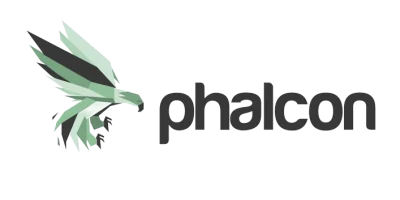Top 5 PHP Frameworks of 2024: Empowering Web Development

PHP, a stalwart in web development, continues to evolve, with frameworks playing a pivotal role in enhancing productivity, security, and performance. As we enter 2024, let’s explore the top 5 PHP frameworks that set the standard for efficient, scalable, and robust web development.
1. Laravel 
Overview: Laravel remains the most popular and widely used PHP framework in 2024. Known for its elegant syntax, comprehensive documentation, and rich set of features, Laravel simplifies the development process, making it a favorite among developers.
Key Features:
- Eloquent ORM: Laravel’s Eloquent ORM provides an intuitive and powerful way to interact with databases. Its expressive syntax makes database queries simple and elegant.
- Blade Templating Engine: Blade is a lightweight yet powerful templating engine that comes with Laravel. It allows developers to create dynamic web pages easily.
- Artisan Console: Laravel’s command-line interface, Artisan, automates repetitive tasks, such as database migrations, seeding, and unit testing.
- Built-in Authentication & Authorization: Laravel provides out-of-the-box solutions for implementing authentication and authorization, making it easier to secure web applications.
- Laravel Echo & Broadcasting: These features enable real-time communication, which is essential for building modern, interactive applications.
Why Choose Laravel: Laravel’s robust ecosystem includes tools like Laravel Forge for server management, Laravel Vapor for serverless deployment, and Laravel Nova for creating admin panels. Its large community ensures abundant resources, tutorials, and third-party packages.
2. Symfony 
Overview: Symfony is a powerful and highly flexible PHP framework that is especially well-suited for large-scale enterprise applications. It emphasizes reusable components and follows PHP and web standards rigorously.
Key Features:
- Reusability & Modularity: Symfony components can be used independently in any PHP project, promoting code reusability.
- Twig Templating Engine: Twig, Symfony’s default templating engine, offers a clean and straightforward syntax for creating templates.
- Comprehensive Documentation: Symfony boasts extensive documentation and a strong community, providing ample support for developers.
- Symfony Flex: This tool streamlines the installation of packages and libraries, making project setup faster and easier.
- Security: Symfony has built-in security features, including CSRF protection, encryption, and a robust user authentication system.
Why Choose Symfony: Symfony’s emphasis on best practices and standards makes it an excellent choice for projects that require long-term maintenance and scalability. It is also the foundation for many popular PHP projects, including Drupal and Laravel.
3. CodeIgniter
Overview: CodeIgniter is a lightweight PHP framework known for its simplicity and speed. It is ideal for developers who need a framework with a small footprint that can deliver high performance.
Key Features:
- Lightweight: CodeIgniter’s small footprint ensures that it is fast and efficient, with minimal overhead.
- MVC Architecture: CodeIgniter follows the Model-View-Controller (MVC) pattern, promoting clean and organized code.
- Form Validation: The framework includes built-in form validation, which simplifies the process of validating user input.
- Security: CodeIgniter comes with several security features, including XSS filtering, CSRF protection, and SQL injection prevention.
- Easy to Learn: CodeIgniter’s simplicity and straightforward documentation make it a great choice for beginners and small—to medium-sized projects.
Why Choose CodeIgniter: CodeIgniter’s ease of use and low learning curve makes it perfect for developers who want to quickly prototype and develop applications without dealing with the complexity of larger frameworks.
4. Yii 
Overview: Yii is a high-performance PHP framework that is suitable for developing all types of web applications. It is known for its efficiency and scalability, making it a great choice for high-traffic applications.
Key Features:
- High Performance: Yii is optimized for performance, making it one of the fastest PHP frameworks available.
- Gii Code Generator: Gii, Yii’s powerful code generator, helps developers quickly create code templates for models, controllers, forms, and modules.
- Security: Yii comes with built-in features for preventing SQL injection, cross-site scripting (XSS), and cross-site request forgery (CSRF).
- MVC Architecture: Yii follows the MVC pattern, promoting organized and maintainable code.
- Extensible: Yii is highly extensible, allowing developers to customize almost every part of the framework to suit their needs.
Why Choose Yii: Yii’s focus on performance and security, along with its powerful code generation tools, makes it an excellent choice for complex and high-traffic applications.
5. Phalcon

Key Features:
- High Performance: Phalcon’s unique architecture allows it to outperform many other PHP frameworks.
- Low-Level Architecture: Phalcon is written in C and delivered as a PHP extension, resulting in lower resource consumption.
- Rich Feature Set: Despite its low-level nature, Phalcon offers a rich set of features, including an ORM, MVC architecture, and a templating engine.
- Volt Templating Engine: Volt, Phalcon’s templating engine, provides fast and efficient template rendering.
- Security: Phalcon includes features for encryption, password hashing, CSRF protection, and more.
Why Choose Phalcon: Phalcon’s unmatched performance and resource efficiency make it an ideal choice for performance-critical applications. Its ability to deliver high speed and low latency is beneficial for developers building APIs and services that need to handle a large number of requests.
Conclusion
Choosing the right PHP framework in 2024 depends on the specific needs of your project, including performance requirements, scalability, ease of use, and the learning curve. Laravel stands out for its comprehensive feature set and large community support, making it suitable for a wide range of applications. Symfony’s emphasis on standards and reusability makes it perfect for large enterprise projects. CodeIgniter’s simplicity and speed are ideal for small to medium-sized projects and beginners. Yii’s high performance and security features make it suitable for high-traffic applications. Phalcon’s unique low-level architecture offers unmatched performance for resource-critical applications.
Each of these frameworks has its strengths and is designed to address different aspects of web development. By understanding the unique features and benefits of each framework, developers can make an informed decision that aligns with their project requirements and goals. Whether you are building a small blog or a complex enterprise application, one of these top PHP frameworks will provide the tools and features you need to succeed in 2024 and beyond.





